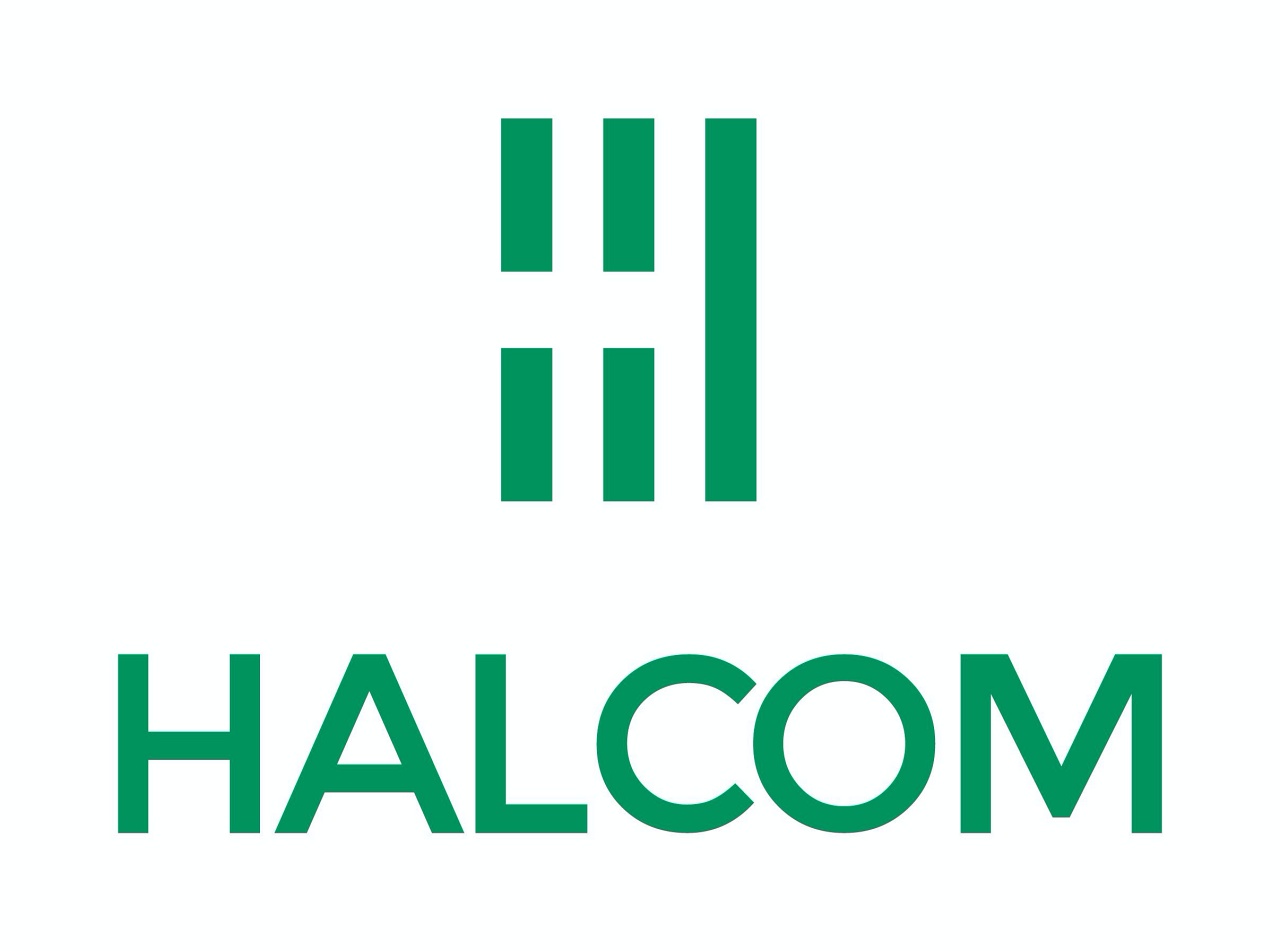Given the average quantity of surface water per capita per year only reaching 3,840 m3/person/year, lower than the target of 4,000 m3/person/year, Vietnam is currently classified as a country threatened with water shortage, according to the International Water Resources Association. Notably, according to the Ministry of Natural Resources and Environment, the quantity of surface water per capita in Vietnam will be only 2,830 m3/person/year by 2025, and without effective policies in the next 50 years, Vietnam will suffer from severe water shortage, even though it is a country bestowed with a dense river network, including ample surface and groundwater resources.
According to the Clean Water Plan of the Ministry of Construction, the goal is to provide access to clean water for 90-95% of Vietnam citizens by 2020, and 95-100% of the population by 2025. However, experts believe that Vietnam is at risk of missing said deadlines for several reasons.
To explain this, Associate Professor Dr. Truong Manh Tien, Chairman of the Vietnam Water Conservation Network said: “Three years of Covid-19 is an objective cause, consequently obstructing Vietnam’s attempt to meet the clean water scheme’s deadline.”
Analyzed by Mr. Nguyen Quang Huan, Vice Chairman of the Vietnam Association for Clean Water and Environment: “Although water is a renewable natural resource, such renewability is no longer the same as before. It depends on many factors, including extreme climate events causing severe flooding in rainy season and drought in dry season.”
And according to Dr. Hoang Duong Tung, former Deputy Director of the Vietnam Environment Administration, Ministry of Natural Resources and Environment, deforestation is also a reason why the upland water source from rivers is undergoing depletion.
Facing such situation, water security is becoming increasingly more urgent, acute, and strategical on a global scale. This year’s World Water Day (March 22), with the theme “Be the change”, emphasizes that water is the foundation of all aspects of life and sustainable developments of each individual nation. The theme also aims to alleviate the global water and environmental sanitation crisis. Thereby, calling upon the community to jointly implement action programs to protect water resources to make a difference by changing the way water is used, exploited and managed in daily life.
Source: VNEWS

